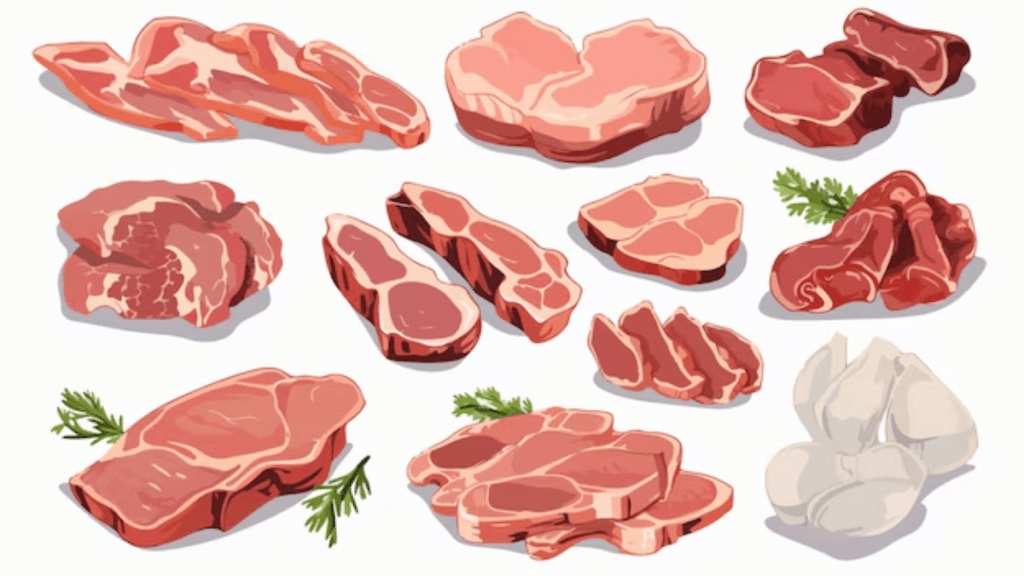Encouraged by the massive size of the wet market in India, online meat and seafood delivery startups have started taking the offline route. But just like slow-cooked meat which tastes better, the online players are adopting a slow and steady approach for their offline foray.
According to industry estimates, the size of the online meat and seafood industry at ₹2,500- ₹3,000 crore is less than 1% of the overall meat and seafood market. The overall mood among online players seems to be that while an offline foray is inevitable, cracking a highly unorganised market would be a time-consuming process.
The leader in the segment, Licious, currently has one offline store and will be opening the second store by the end of this month. However, it is looking to scale that up to 25 offline stores by the end of FY25, mostly in Bengaluru. “The objective to do offline is not to do it very fast. We want to do it slow and steady and ride on consumer experience,” co-founder Vivek Gupta told Fe. As of today, over 80% of Licious’ sales happen on its company-owned D2C channel and the rest from marketplaces and quick commerce platforms.
Additionally, the company believes that the offline category comes with certain nuances such as selection, cold chain, service experience, customer experience, and inventory management, among others that they need to master first.
“It has taken eight years to perfect online and get to a stage where we are ready to decentralise. So, we believe we need to do this for a long time ourselves,” Abhay Hanjura, co-founder, Licious added.
Licious’ competitor FreshToHome made an offline foray in 2021 with five stores in Bengaluru. According to reports, it currently has more than 45 stores across the country. It has raised over $290 million to date including its $104 million Series D round led by Amazon Sambhav Venture Fund last year.
“By expanding into offline channels, these startups can tap into a broader total addressable market (TAM), including customers who still prefer traditional buying methods. This move increases their market reach and helps in building brand visibility and credibility,” Ankur Mittal, co-founder, Inflection Point Ventures said.
Organised branded players are few and far between in the offline space. Some names include Nandu’s, Godrej Agrovet and Venkys, among others.
“Venturing into offline retail poses several challenges such as higher operational costs, supply chain complexities, and the need for consistent quality control across physical outlets. Additionally, scaling offline operations requires significant investment in infrastructure and manpower,” Mittal said.
Also, experts believe that consumers who are already shopping offline for raw meat have their own favourite meat shops which have been trusted for generations.
Rishav Jain, MD, Alvarez and Marsal believes that the new-age companies have an edge over the existing offline players in certain ways. “Their product positioning and shopping experience could potentially be superior. For instance, better hygiene, no antibiotics, accurate weight measurement, among others,” he said.
But, the offline model can work only with the right model and the right throughput, he warns.
That’s the reason why some like Gurugram-based Meatigo have decided to stick to the online format only. “The biggest gap when we started and even now in the offline model is the way the infrastructure is being managed where products were not handled hygienically, temperature abuse of products and also knowledge among the food handlers,” Siddhant Wangdi, founder, Meatigo told Fe. He added that at scale, these problems are only expected to compound exponentially in offline models which may provide customers with a sub-standard quality experience.
According to Tracxn, the number of delivery startups in India is 137 and the total equity funding raised by the segment to date is $853 million. The segment is also backed by leading investors such as Temasek, Prosus, Tiger Global, Matrix Partners and 3one4 Capital.

